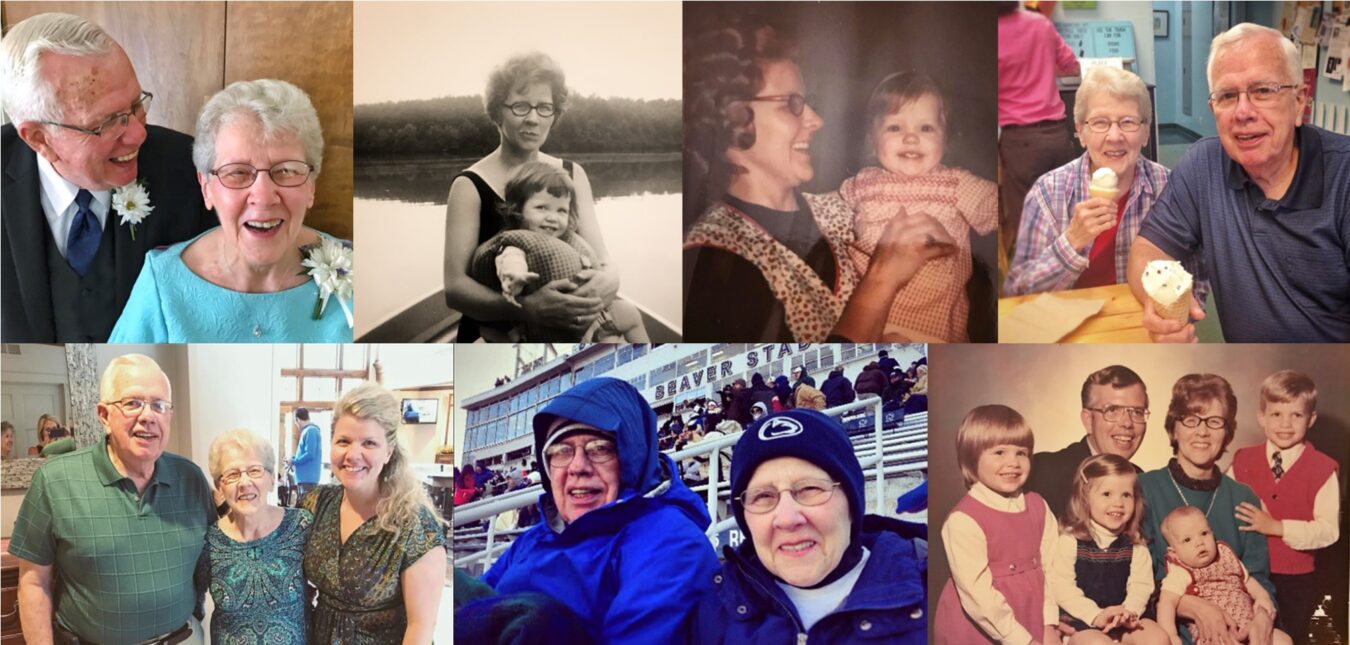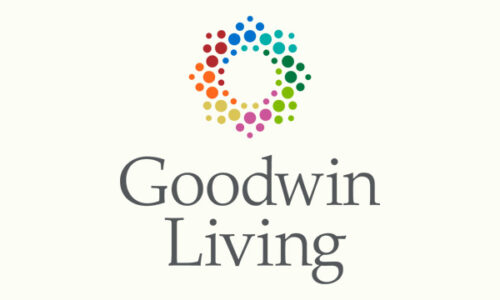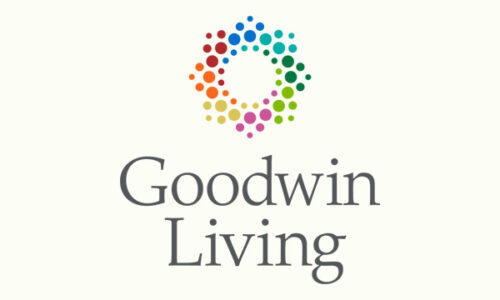September 30, 2021
The Fight for Better Dementia Care is Personal
by Kathie Miller
“Honey, can you help me spread the mayonnaise?” my mom asked me. “Of course!” I replied. “Can you show me where the mayonnaise is?” My mom struggled for a moment. She looked up at me. Her constant, gentle nature showed in her eyes, as did the fact that she was confused. I was also puzzled, though I tried not to let it show.
“The mayonnaise,” she repeated. “I need you to help me spread it.”
I tried not to miss a beat, but I was truly at a loss to understand what she meant. There was no mayonnaise in sight. My mom and I were sitting together in the living room of the house where I grew up. It was late at night. Everyone else had gone to bed. She wasn’t pointing at anything that might offer a clue. After more conversation and paying close attention to her body language, I realized she was asking me to help her with the blanket that had slipped off her lap.
The blanket was off-white—the color of mayonnaise.
For those of us who’ve known and cared for someone with dementia, this story might be familiar. Or it might bring to mind a similar story or experience. For those of us who’ve loved and cared for someone with dementia, it serves as a reminder of what we can do to help prevent others from going through it. It reminds us that the fight for better treatment and care options for dementia is a personal one.
Growing Numbers
According to the Alzheimer’s Association, more than 6 million Americans are living with Alzheimer’s, which is the most common form of dementia. In the association’s Alzheimer’s Disease Facts and Figures annual report for 2021, they go on to state, “As the number of older Americans grows rapidly, so too will the number of new and existing cases of Alzheimer’s. By 2050, the number of people age 65 and older with Alzheimer’s dementia may grow to a projected 12.7 million, barring the development of medical breakthroughs to prevent, slow or cure Alzheimer’s disease.”
The World Health Organization (WHO) considers dementia to be a global public health concern. Earlier this month, they noted that we are “failing to address dementia challenges” around the world, especially in low- to middle-income communities.
At some point, given these growing numbers, we will all be affected by dementia.
Goodwin Living Inc. has been engaged in efforts to raise awareness and come together throughout the National Capital region and recently, nationally, so that together, we can make a difference and improve the outlook for all of us. We are committed to this work because we know that medicine won’t have all the answers, at least not right away.
No Cure, But There Is Hope
While research is being conducted and progress is being made on treatments for various diseases that cause dementia, it is widely accepted that there is no cure for it. In certain cases, medications might help to reduce or improve symptoms, though there are challenges to finding medical treatments that work for the varying types of the disease.
As medical progress continues, other solutions are beginning to emerge—non-medical options that won’t cure dementia or the diseases that cause it, but they might help reduce or even reverse some of the cognitive impairment that comes with it.
One of these solutions is right here at Goodwin Living.
If you’re a regular reader of our blog, you’ve likely heard about our StrongerMemory program. It’s an easy-to-use program rooted in the basics we learn in school—simple math, reading and writing. By engaging in these exercises for just 20 to 30 minutes a day, participants in the program have shared that they notice improvements in recall; their cognitive abilities seems to stabilize or even improve.
If you haven’t heard yet about the program, I hope you’ll take some time to learn more about it. You can also expect that we’ll be writing more about it in the future as we are very committed to raising awareness for StrongerMemory so we can help as many people as possible—both those with dementia and those who love and care for them.
What’s Personal Can Multiply
StrongerMemory is a perfect example of how the fight for better treatment and care options for dementia is personal. The program was developed by Rob Liebreich, President and CEO of GHI, when his mother started experiencing mild cognitive decline. (You can read more about how the program got started by checking out this earlier article.)
The fight is also personal for United States Senator Mark Warner (D-VA). Sen. Warner has shared the story of his mother, who lived with Alzheimer’s for 11 years. He has also advocated for federal level investments in Alzheimer’s research. Earlier this month, he added his voice to our efforts to raise awareness for StrongerMemory by joining us in the launch of a public service announcement that will air this fall.
Rob has set a goal of reaching 100,000 people with the StrongerMemory program. As he shared during our launch event on September 17, when he was speaking directly to the media “If each of you writes about this program, and you reach just 10 people with your story—just 10 people!—and each of them shares it with 10 people, you can quickly see how this can multiply. You can quickly see the impact we can have.”
For Rob, Sen. Warner and me, this is personal. We see that dementia doesn’t just affect the person who gets the diagnosis, it affects everyone around them. And so, we’re doing our part to spread the word for StrongerMemory, a wonderfully simple program that anyone can use. Thanks to the generosity of donors to the Goodwin Living Foundation, the StrongerMemory curriculum is available at no charge on the Goodwin Living website.
I hope you’ll take time to watch the PSA, learn more about StrongerMemory and join our efforts to help spread the word. It’s easy! Even easier than what it took me to figure out how to help my mom spread the mayonnaise.
————————————-
As Corporate Director of Marketing & Communications, Kathie Miller provides strategic guidance and tactical support for all areas of Goodwin Living. She writes, edits and manages The Good Life blog and newsletter. Kathie joined GHI in 2014 after nearly 15 years at NPR, where she honed her skills in brand and reputation management, content marketing and internal communications. Originally from Pennsylvania, Kathie has slowly come to realize she’s lived in Arlington for more than half her life and should call herself a Virginian. She enjoys the outdoors and brings her rescue dog, Remi, to work every day.





